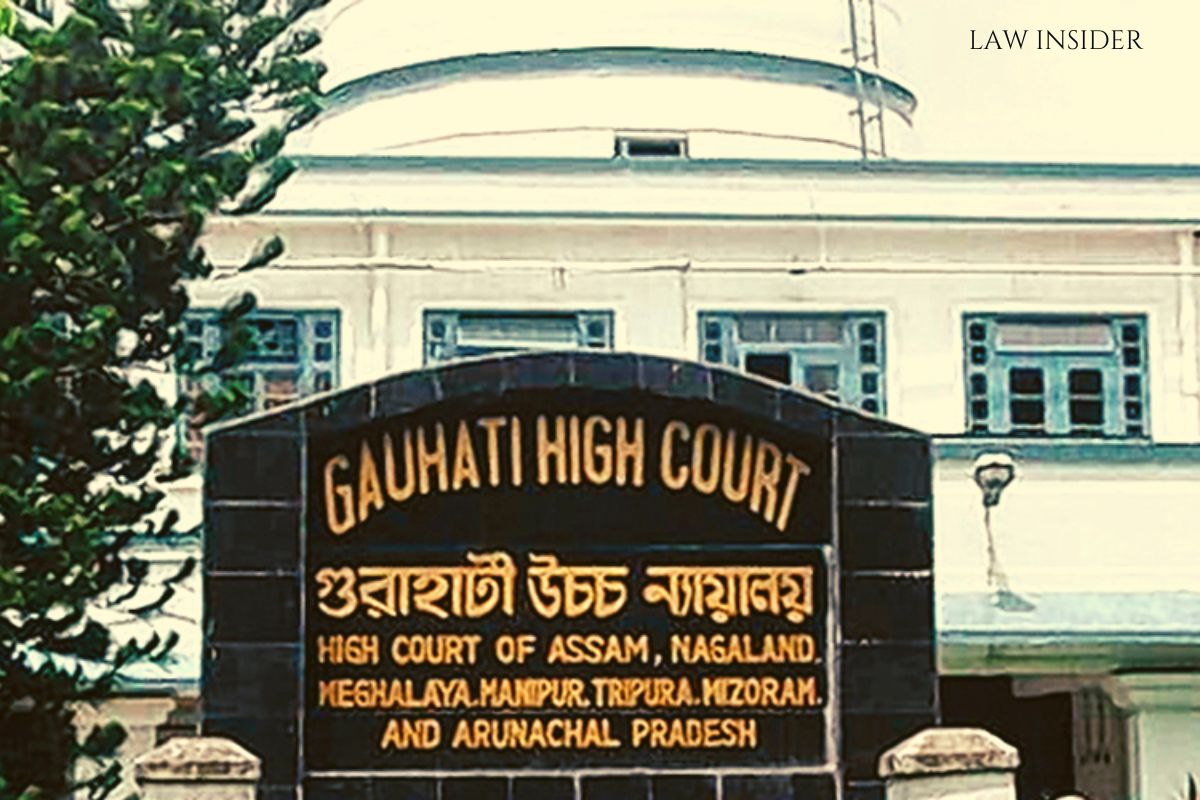LI Network
Published on: 14 September 2023 at 11:34 IST
The Gauhati High Court has issued a significant ruling, stating that drivers of ‘light motor vehicles’ as defined under Section 2(21) of the Motor Vehicle Act (MVA) are not obligated to possess a separate ‘transport’ endorsement on their licenses.
This decision came as the Court exempted a vehicle owner from reimbursing their insurance company for compensation paid to a road accident victim. The Court’s rationale was based on the absence of any policy violation, as a separate ‘transport’ endorsement was not deemed necessary in this case.
Justice Parthivjyoti Saikia, presiding over the matter, elucidated, “From the Insurance Policy, it is found that the concerned vehicle, i.e., 407 TATA Vehicle bearing Registration No. AS-04-AC-1576, is below 7500 kilograms and therefore, it is a light motor vehicle within the definition of Section 2(21) of the Motor Vehicles Act and therefore, separate ‘Transport’ endorsement is not required for driving such a vehicle… Under the aforesaid circumstances, this Court is of the opinion that the Tribunal has erred while giving liberty to the Insurance Company to proceed further for recovery of the compensation amount from the owner of the vehicle.”
The case revolved around a road accident involving a TATA vehicle that tragically resulted in the loss of a life.
The Motor Vehicles Claim Tribunal (Tribunal) had earlier ruled that the vehicle’s Insurance company must pay compensation totaling ₹6,73,000. This decision was rooted in the fact that the driver of the vehicle lacked a “Transport” endorsement on their driver’s license, ostensibly contravening the terms of the insurance policy. Consequently, the insurance company was granted the option to initiate proceedings to recover the compensation amount from the vehicle’s owner.
Upon analyzing the case, the Court took into account the Insurance Policy, which revealed that the weight of the vehicle in question was below 7500 kilograms. As a result, it met the criteria for being classified as a ‘light motor vehicle’ as defined in Section 2(21) of the MVA.
In light of this classification, the Court concluded that there was no requisite for a separate “Transport” endorsement to operate the vehicle.
Consequently, the Court deemed the Tribunal’s decision to be erroneous in allowing the Insurance Company to pursue the vehicle owner for compensation.
The Court held that the Insurance Company lacked the right to seek compensation from the vehicle owner, and subsequently, it allowed the Cross-Objection, thereby resolving the matter.
This case, titled “Sri Horen Rajkonwar and Anr v United India Insurance Co. Ltd and Anr,” serves as a notable precedent, highlighting the legal requirements concerning “ light motor vehicles” and the necessity of ‘transport’ endorsements under the MVA.

